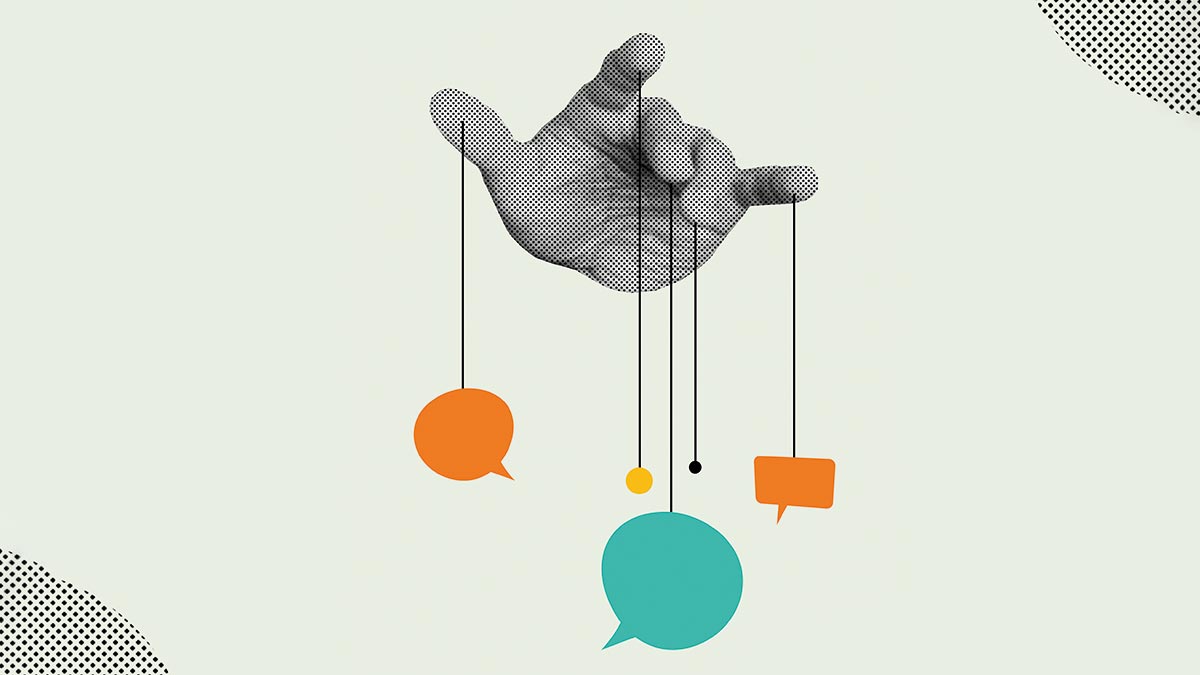Anjana A. Karumathil, Associate professor of practice at IIM, Kozhikode
Those are found weighty strokes which come from the hand,
But those are killing strokes which come from the head
O, the rare tricks of a Machiavellian!
The White Devil, John Webster (1612)
Think of your favourite politician or actor. What does it take to wield power over others? In a study of the backgrounds of Nazi elites and Chinese communists, sociologist Dr Daniel Lerner from Stanford found that, depending on their lifecycles, social movements attracted individuals with specific personality traits into leadership roles. Small, ideological and revolutionary movements attracted charismatic, neutral, middle-class intelligentsia. As movements grew, those leaders were displaced by less ideological and more result-oriented, lower-class individuals.
We control others through deception or force. In the Bible, deception is used before force. The Book of Lord Shang (circa 300 BCE) advises rulers to weaken people to retain the government and to punish the ‘parasitic function’ of elder care. Kautilya’s Arthashastra offers instructions on building spy networks and armies of poisoned female assassins. Then came the renaissance political theorist Machiavelli whose The Prince advises that ‘it is better to be feared than loved’ and ‘if an injury has to be done to a man, it should be so severe his vengeance need not be feared’. The common thread? (a) most people are weak and gullible, and (b) a rational man should use the masses to his advantage. Voila! The Machiavellian (Mach) ruler is here.
Machiavellianism is a strategy of social conduct aimed at manipulating people for one’s gain, even if it harms the other. It is named after Florentine diplomat Niccolo Machiavelli who advised rulers that to stay in power, they must use any means necessary. According to researchers at the State University of New York, manipulating others is an attribute of social intelligence. They say all of us are Machs and the difference is only in degree. High Machs aren’t of higher IQ than low Machs, but talk a good game and create that perception. High Machs love the stage and leadership roles. They’re better at bargaining and building alliances than low Machs. Doctors Richard Christie and Florence Geis, authors of Studies in Machiavellianism, say that high Machs excel at interpersonal interactions, constantly bend the rules, and remain exceptionally focused in emotional situations.
Hundreds of studies indicate that Machs recklessly manipulate others, collaborating when it’s in their interest and refusing otherwise. They’re like tigers on the prowl, waiting for their next meal and calculating when to pounce. Machs play the long game, so they’re never impulsive or violent. They seek friends and mates with status and resources, charming them until necessary, after which a switch flips and the bullying, using, deceiving and cheating begin. There are no boundaries with Machs, who continue testing and incrementally violating how far they can get with you. Unsurprisingly, they have few friends. Colleagues and spouses of Machs are anxious and depressed, seeking therapy and counselling to redeem themselves.
You can take the free online Mach-IV test to find out whether you’re a high or low Mach. As a manager, have your team take the test (test yourself first and share results with them!). Do this fun quiz with friends and family―better to be safe than sorry. High Mach individuals who also have narcissistic traits are more dangerous: they manipulate your reality and cheat you to your last penny while charming you and showering you with gifts and attention.
Machiavellianism is not yet classified as a personality disorder in the American Psychiatric Association’s Diagnostic and Statistical Manual, but Machs cause great harm to colleagues, friends and family. You can detect Machs by observing their actions and ignoring their charm. Are people disposable to them? If yes and they’re charming you, you’re likely their next victim. Examples are leaders who claim to champion public causes while advancing private agendas. So are ‘friends’ who call you when they need something but stay busy when you need help. The boss whose project you work weekends to finish, but who takes the credit and blames you for problems. Or the playboy who won’t commit to a partner, preferring status from multiple dalliances. Like narcissists, Machs can’t be fixed and distance is your friend. If they’re your boss or spouse, prepare to lose the job or relationship at any moment. Build a support network, find another job, or exit the relationship with your soul and finances intact.
Machs are like JCBs: they will crush your heart, your career, and your bank account, then push you into oblivion. Protect yourself.



